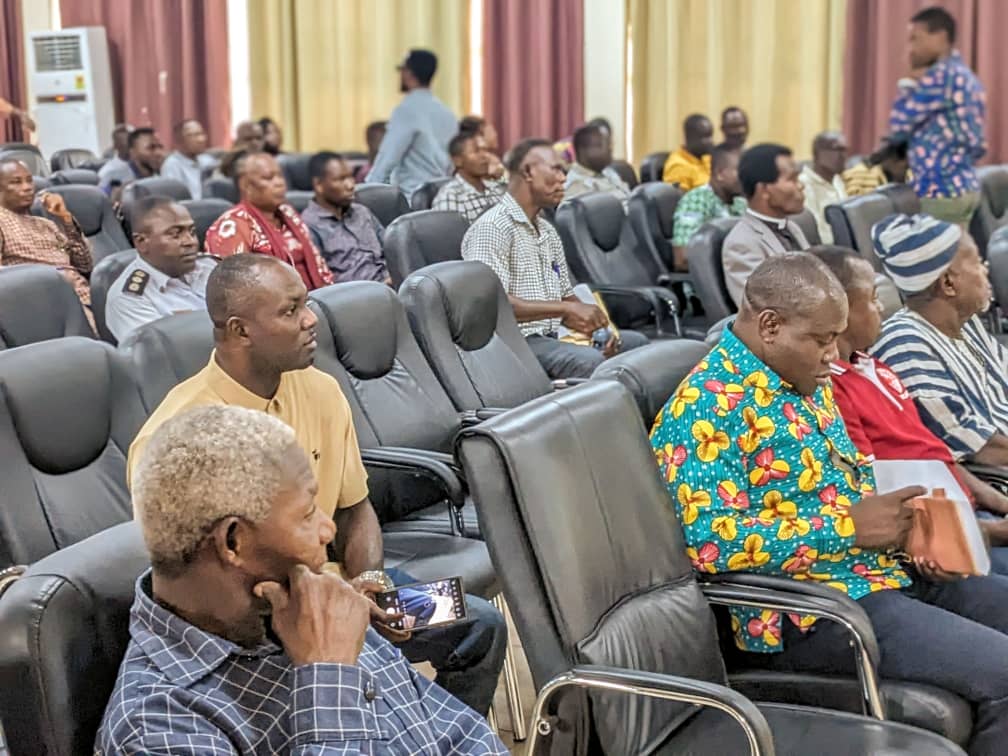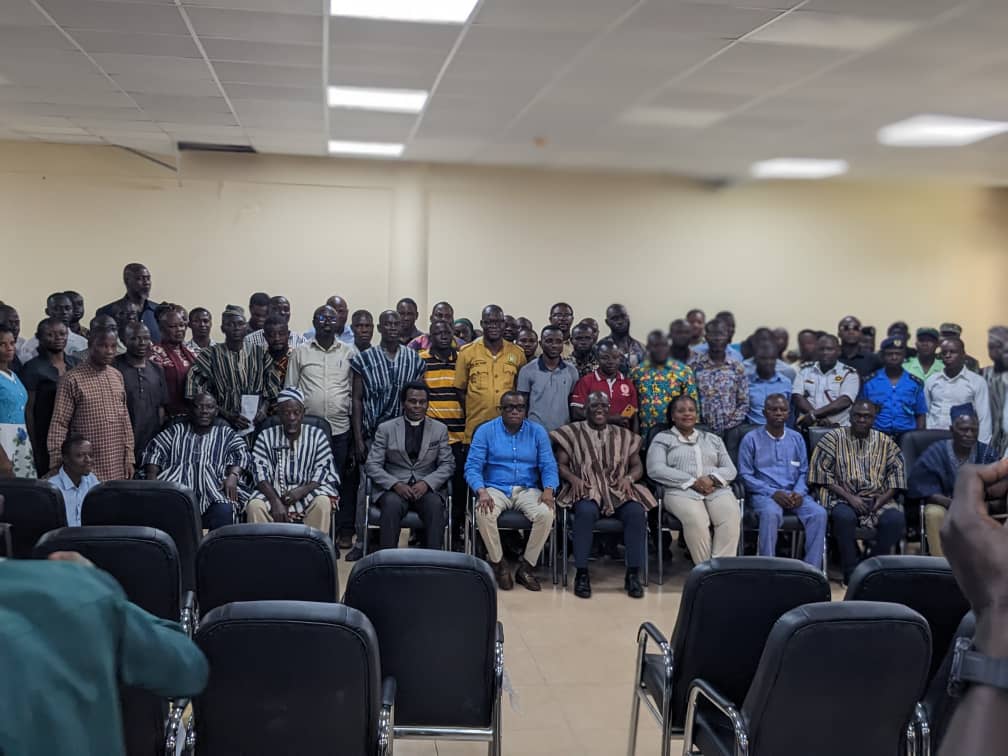Savannah regional minister, Saeed Muhazu Jibril is appealing to the chiefs, queen mothers and stakeholders in the Savannah region of Ghana to serve as deplomats of the National Transport Policy (NTP) 2020, as well as the National Electric Vehicle Policy (NEVP), 2023 by disseminating information around the policies rather than being spectators in order to ensure a sustainable and ecologically friendly transportation industry for the present and future generations yet unborn. He said Ghana stands to benefit more when the country fully accepts the policies being rolled out by the transport ministry.
Saeed Muhazu Jibril made the appeal in Damongo on Wednesday, 7th August, 2024, during a meeting of stakeholders on dissemination of national transport policy 2020 and national electric vehicle policy at the RCC hall.

In a welcome address he explained that the revised National Transport Policy prioritizes innovation and the implementation of emerging technologies in the transportation sector, including electric vehicles. There’s little doubt that the current energy sources of the country are unsustainable, posing significant challenges to our environment and future generations, such as climate change, air pollution, and the likes which are not friendly to the environment and human health.
In view of the challenges, there’s the need to think of an environmentally friendly approach to promoting a clean environment that insignificantly affects flora and fauna.
Therefore, through collaborative efforts, the government of Ghana has developed the National Electric Vehicle Policy (NEVP) to guide the approval and use of electric vehicles in the country. Just like the National Transport Policy (NTP), the Electric Vehicle Policy also went through extensive stakeholder engagements, targeting MDAs, MMDAs, regional administrations, transport operators and service providers, vehicle manufacturers, and private sector entities, among others.
“For these reasons, the transport ministry in collaboration with the Savannah regional coordinating council, is organizing a stakeholders meeting to extensively engage duty bearers in the transport sector to share opinions on the policies”.
“Let us all be deplomats of these policies rather than spectators to ensure a sustainable and ecologically friendly transportation industry for the present and future generations yet unborn”, he emphasized..
Saeed Muhazu Jibril said transportation is an inseparable part of everyday life and a crucial component of the national economy and basic tool for development drive. In Ghana, economic activities are related to the mobility of people, goods, services and information. When transport infrastructure and systems are efficiently developed, they promote economic situation and social opportunities that result in great multiplier effects on all dimensions of the national production systems such as access to farming areas, industrial and marketing centres, educational and health facilities, among others. An effective transportation system will lead to the creation of a wide range of jobs and investment opportunities for Ghanaians.
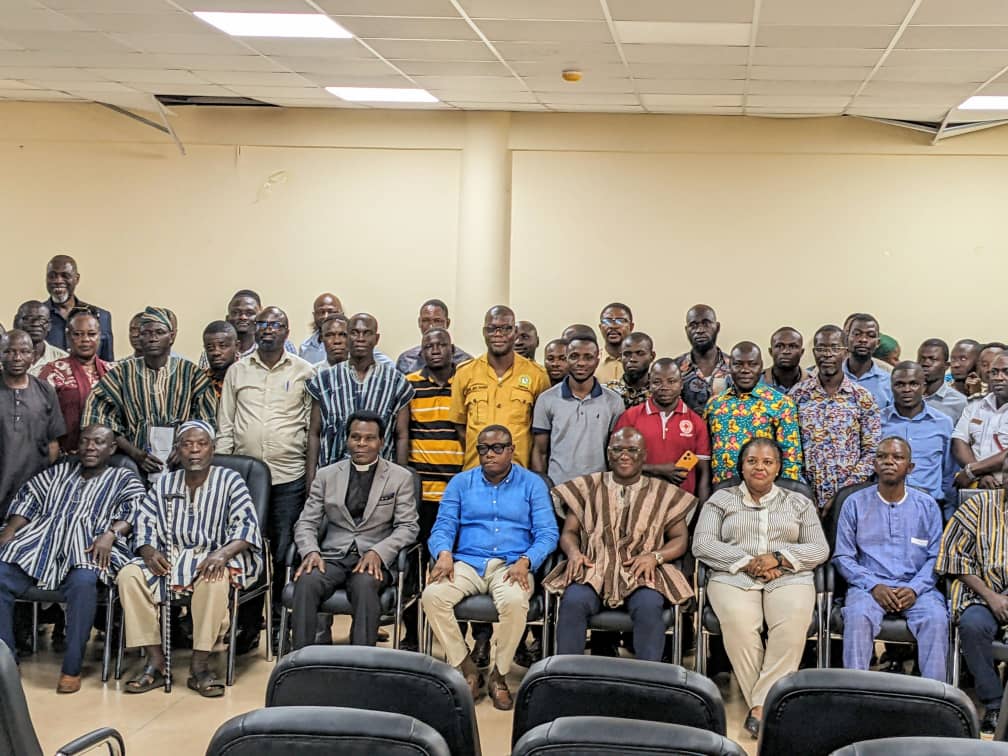
The national transportation policy is a basic framework that provides a roadmap for ministries and agencies to set out activities to support the structuring and putting in place an efficient transportation network of all the modes; land, water/sea, and air transport to support the economy.
Ghana has caused a review of the national transport policy documents (2008 and 2010) for a dynamic, realistic and a sustainable transport policy that can drive development and enhance economic growth.
The objectives of the review were to; assess the content and details of the national transport policy in terms of the existing state of the transport sector in line with best international practices, assess the efforts made to implement the national transport policy, identify the lead actors of the policy and win the support for implementation, outline the best implementation processes that leverage growth of the transport sector, and highpoint areas that needed improvements and make tangible recommendations on how implementation of the policy can be improved.
A deputy minister of transport Hassan Tampuli, addressing participants on behalf of minister for transport, Kwaku Ofori Asiamah, noted that the transport sector plays a crucial role in our daily lives, providing access to goods and services to support socio-economic growth and improve quality of life. It is therefore essential that we have well-defined policies in place to ensure a sustainable and efficient transportation system.
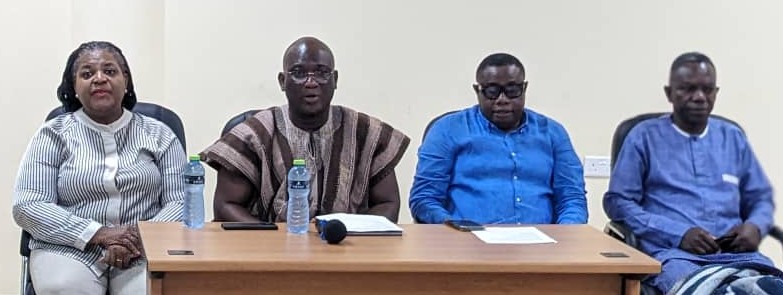
He argued that the primary governance document for the transport sector within which sector MDAs and MMDAs, can set out their objectives and demonstrate how their activities will support the national development agenda is the National Transport Policy. The first attempt to bring together a policy to the high-level development goals, guided by the Growth and Poverty Reduction Strategy II (GPRSII) 2006- 2009 was in 2008 culminating in the development of the NTP, 2008.
Prior to the formulation of the NTP, 2008, an Institutional Study of the Transport Sector revealed that the regulatory and asset management agencies in the Aviation and Maritime sectors were largely compliant with international best practices. However, the roads and railway sectors lagged behind with its infrastructure agencies. The NTP, 2008 took on board the recommendations from the study. However, over the years, the sector continued to face challenges requiring better coordination and integration of effort between the modes to be fully effective. The Policy became insufficient to address new and emerging issues such as climate change, new transport technologies, digital and allied transport systems among others. Most of the objectives in the NTP could not be achieved, necessitating a revision of the policy that addresses the limitations of the NTP, 2008 and takes on board new and emerging transport systems in line with international best practices.
The Ministry in collaboration with other transport sector Ministries and with support from the World Bank commissioned a review of the NTP (2008) in July 2017. The objectives of the review were to;
Assess the content and detail of the National Transport Policy in terms of the existing state of the transport sector in line with best international practice.
Assess the efforts made to implement the National Transport Policy in terms of what was required to be implemented, who was responsible, what implementation processes were established and what progress has been made, highlight areas of focus for improvements and make concrete recommendations on how implementation of the NTP can be improved.
Identify gaps within existing policy and planning frameworks and recommend concrete actions that can be taken within an updated National Transport Master Plan to address them.
Develop a draft National Transport Policy Paper.
“During the development processes and as required for a policy of this nature, we embarked on nationwide consultations to solicit input from stakeholders. We also embarked on consultative engagements with state and non-state actors as well as key interest groups delving deeper into specific developmental issues including accessibility for Persons with Disability, and infrastructure development, among others. I believe some of you may have participated in these consultations at some point. The final output of this extensive process is what culminated in the Revised National Transport Policy, 2020. The Policy in August 2020 received Cabinet Approval for its implementation. The Revised Policy builds on the foundation laid by its predecessor, taking considering changing societal needs, technological advancements, and environmental considerations. The Revised Policy sets out a clear vision for the development of the sector, outlining objectives, strategies, and action plans to guide us in achieving a sustainable, efficient, and inclusive transport system”.
One of the key focus of the revised National Transport Policy is to promote innovation and the adoption of new technologies in the transport sector including electric vehicles. Indeed, globally, there is a common understanding that the present energy landscape is unsustainable and poses significant challenges to our environment, economy, and future generations. Therefore, through collaborative efforts and in line with the National Energy Transition Plan, we have developed the national electric vehicle policy to guide the uptake of electric vehicles in the country. Just like the NTP, the EV Policy also went through extensive stakeholder engagements targeting MDAs, MMDAs, Regional Administrations, Transport Operators, Transport Service Providers, Vehicle Manufacturers and Dealers, and private sector entities among others.
Ultimately reaping the full economic and social benefits of emerging technologies in this space will depend greatly on coordinated participation across both public and private sector stakeholders. It is therefore imperative for us to work collaboratively to incorporate diverse viewpoints into our national strategy. Through this dissemination exercise, we will together foster a strong partnership for the implementation of the National Transport Policy and the National Electric Vehicle Policy to maximize inclusive development outcomes for both current and future generations of Ghanaians. These two policy documents place a strong emphasis on sustainability and environmental stewardship.
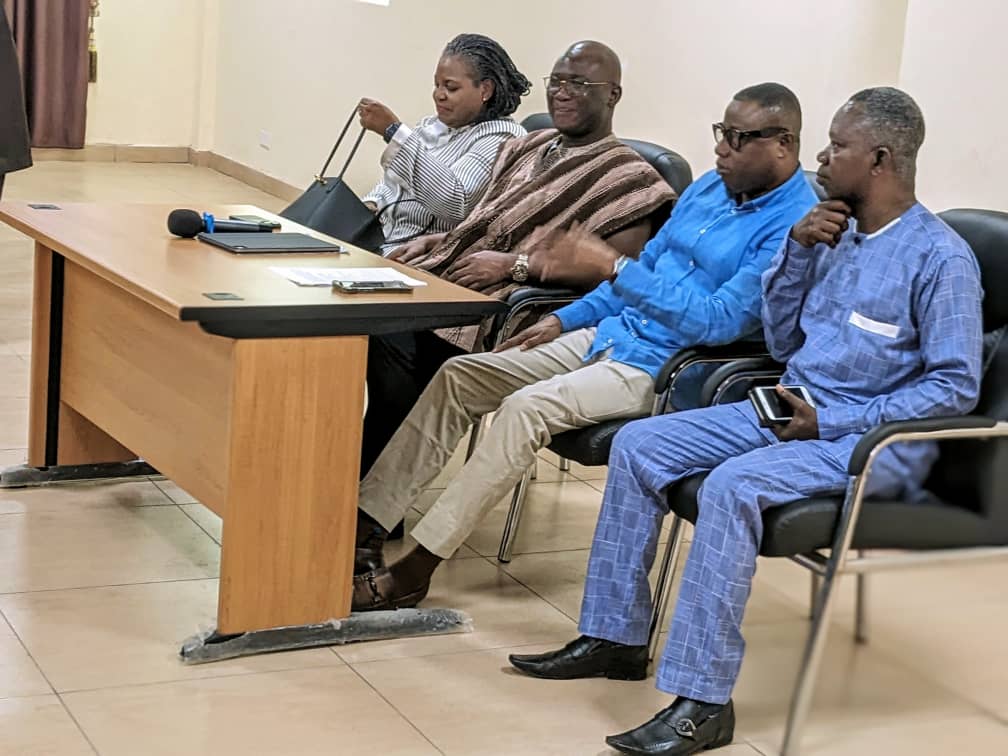
As we face the challenges of climate change and air pollution, we must prioritize modes of transport that minimize environmental impact and promote a cleaner, greener future. Accessibility and inclusivity remain core principles of the revised National Transport Policy. Our transport system must be designed to serve all members of society, regardless of age, ability, or socioeconomic status. With the NTP, we will together create a more equitable society where everyone can participate in economic, social, and cultural activities.
He echoed the need to be ambassadors of the dissemination.
” I Wish to express my heartfelt gratitude to you for your support thus far and for helping with the next vital step. Be ambassadors for promoting and explaining the goals and objectives of sustainable, inclusive and environmentally friendly transport. The duty I charge you today is for you to share the vision of NTP and EV Policy with friends, families, and communities across the country. Be an ambassador for a sustainable transport system for Ghana and help disseminate these policies to others. I have full faith that through open cooperation between all stakeholders, Ghana will succeed”.
By: Abdulai Zulkaninu
